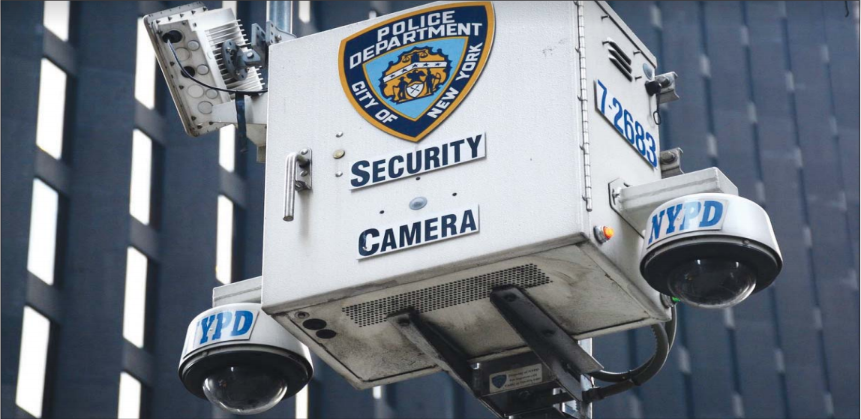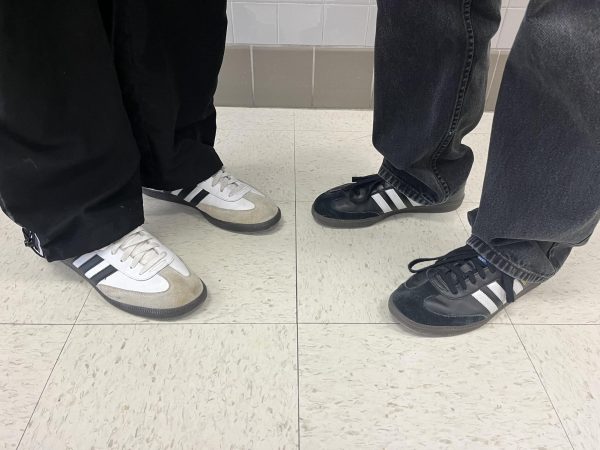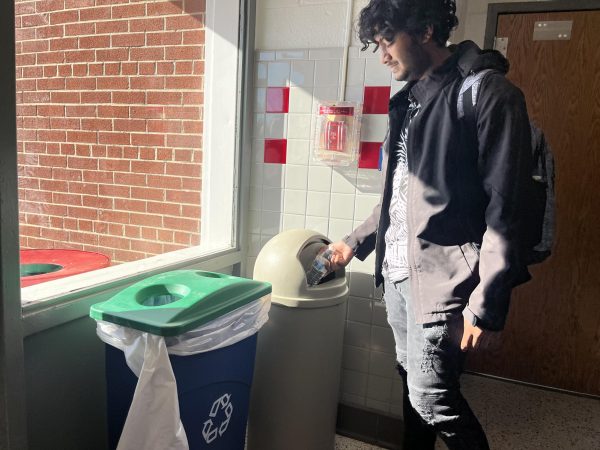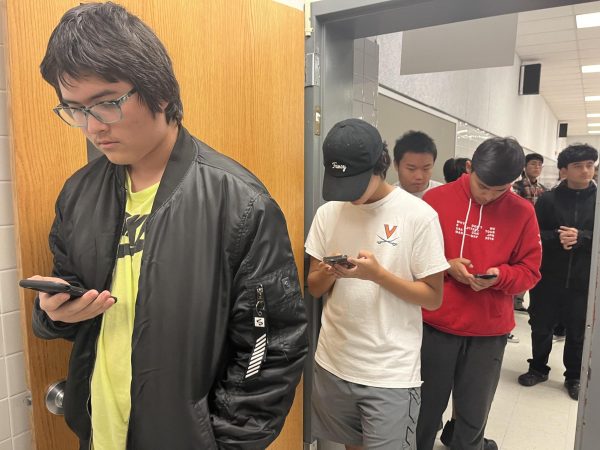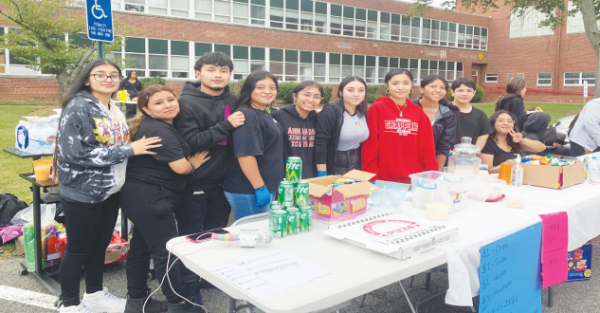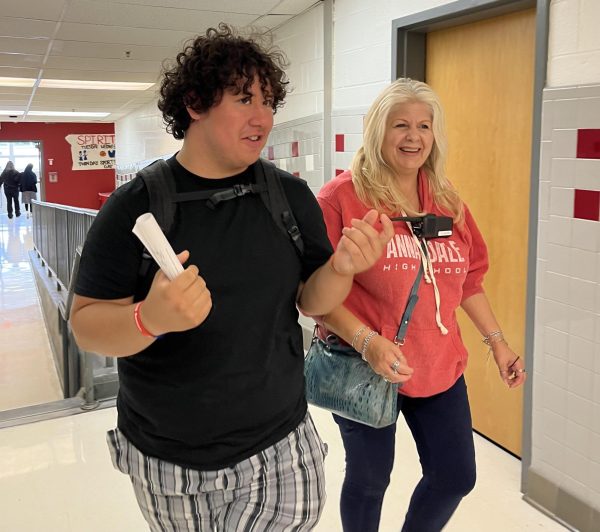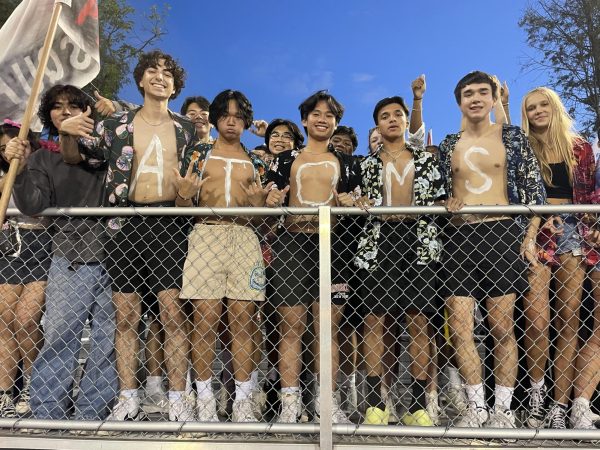A world without privacy?
Over the past 30 years, the use of security cameras and facial recognition technology has become more and more prevalent throughout the United States. From public streets to airports, to stores, security cameras have most likely monitored you at some point in your life.
Facial recognition software distinguishes people from recorded video, normally taken from security cameras, and compares their facial features with an array of other faces within a database.
In a matter of seconds, the software compares millions and millions of faces and works efficiently to find perpetrators and solve cases. From petty theft to muggings and shootings, facial recognition helps to solve many forms of crime and overall maintains public safety.
However, some see the situation differently. Instead of seeing the usage of facial recognition technology and security cameras as bettering public safety, they see it as a threat to their right to privacy.
They argue that the Fourth Amendment protects them against unreasonable searches and seizures and the use of security cameras without their explicit consent violates that right.
Another concern that worries people is the accuracy and racial preference in facial-recognition software.
During its prototype, the software was trained on mainly white men and other races were not there to give varying distinction to the system. In fact, according to the American Civil Liberties Union, the misidentification rate for people of color is around 39%, which is way too high to be implemented into our law system. Unfortunately, there are no laws put in place to neutralize this bias.
Another worrisome factor is that technology can never be 100% accurate and could cause a multitude of wrongful arrests. In one instance, during the testing phase of Amazons’ facial recognition software, it mistakenly matched 28 members of Congress as convicted criminals.
For those reasons, so far four U.S. cities have banned the use of facial recognition. Despite all this, those instances do not represent how effective facial recognition can be to our society.
For one, public safety should be our number one concern. Although privacy is an important right, in our current society with mass shootings happening often people should be okay with giving up a small part of that. This new technology may give increased convenience or security at the cost of privacy, and people put their ignorance aside realize that this tradeoff in its entirety benefi ts society.
Another reason surveillance and facial recognition are beneficial is that it will inevitably reduce crime rates. When the installation of security cameras is clearly seen there is a continual reminder to every other
person in the public that they’re being watched. This understanding creates a second thought in the heads of potential criminals before they take chance in criminal behavior.
Places like parking lots and public streets are the most common places that crime occurs and the installation of security cameras considerably assists the police in the identification and crime-prevention.
That ideology along with the usage of facial recognition technology, even if it is not the most accurate system, will greatly reduce the rate of crimes.
In fact, in Orange County, New Jersey, a place infamous for its crime rates, saw a 50% drop in crime rates after they installed security cameras all over their city.
Finally, it provides residents with the knowledge that they earn, knowing that possible criminals will be put to justice for their actions.
Although there are some flaws need to be corrected and there are some legal barriers it needs to go through, generally, the advantages of security camera surveillance and facial recognition overbalance its negativity.
From enhancing public safety to guaranteeing the justice of criminals, the world will be a more secure place all thanks to advancing technology.

Sophomore Jane Elkins is an Editorials Editor for the A-Blast. This is her second year working on the A-Blast, as she worked as a staff writer the year...



